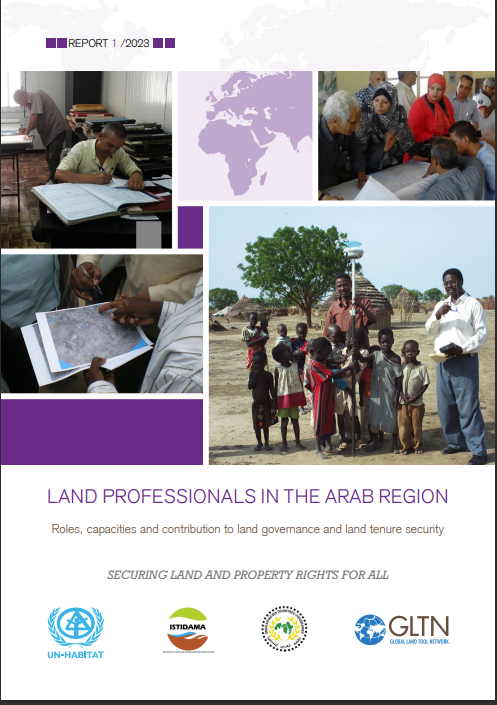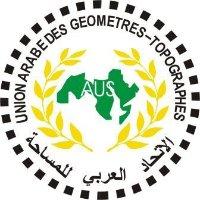Resource information
A functioning land sector is foundational to peace and stability, sustainable development, economic growth, food security, environmental conservation and poverty reduction in the Arab region. Effective and fit-for-purpose land administration is an important precondition for the functioning of the land sector and the foundation for good land governance.
For the land sector to work and meet the needs of people, land professionals need to be adequately capacitated to fulfil their role as enablers of good land governance interventions, operators of the land administration systems and interface between the people and the land institutions.
Land professionals participate in the development and reform of land policies, strategies and land-related administrative frameworks. They are the technical arm that implements the mandates of the land-related institutions and organisations, in the public and private sector, and are accountable to the citizens for their delivery.
According to the study “Land Professionals in the Arab region: roles, capacities and contribution to land governance and land tenure security” developed by the Arab Land Initiative of the Global Land Tool Network and UN-Habitat, in partnership with the ISTIDAMA Centre for Land and Environmental Governance of Sudan and the Arab Union of Surveyors, land professionals in the Arab region have the skills to perform their work, but most of them lack legal recognition, support, and protection.
Land professionals regularly face political interference and are caught in the middle of competing interests over land, natural resources, and different land uses. They are confronted with technical barriers, lack of access to capacity development opportunities and limited access to land-related information. For non-formal land professionals, these are compounded by the widespread lack of recognition of their indispensable role.
Drawing information from literature review, consultations and field assessments involving land professionals across 14 Arab countries, the study identifies formal and non-formal land professionals’ categories, their current functions and the additional roles that they would need to take up to improve land governance and establish functioning and fit-for-purpose land administration systems in the region. The study takes stock of the current capacities of land professionals, the capacities they would need, and interventions that would enable them to adequately play their role.



